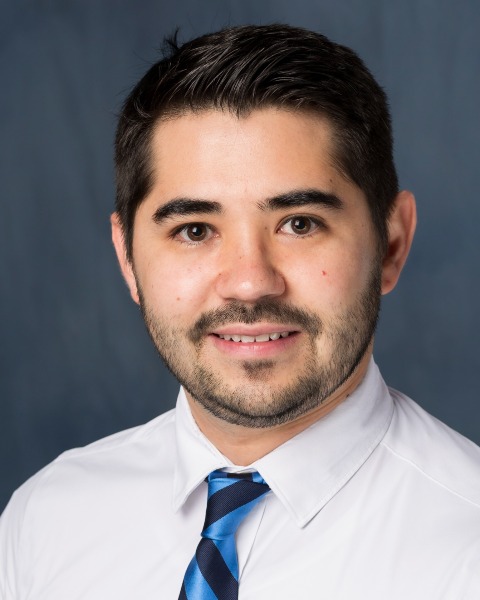Lightning Striking Twice: Congenital Portosystemic Shunt Diagnosed After Severe Lemierre Disease
-

-
CJ
Christopher Jolley, MD
Professor And Chief Of The Division Of Pediatric Gastroenterology, Hepatology, And Nutrition
University of Florida, United StatesDisclosure information not submitted.
-
.jpg)
Kourtney Guthrie, MD
Clinical Assistant Professor
University of Florida
Gainesville, Florida, United StatesDisclosure information not submitted.
-
LN
Lara Nicolas, MD
Clinical Assistant Professor, Department of Pediatrics, Critical Care Medicine
University of Florida Health Shands Children's Hospital, United StatesDisclosure information not submitted.
-
LS
Lawrence Shoemaker, MD
Clinical Associate Professor And Chief of Pediatric Nephrology
University of Florida, United StatesDisclosure information not submitted.
-
TB
Thiago Beduschi, MD
Professor of Surgery and Director of Abdominal Transplant Program
University of Florida, United StatesDisclosure information not submitted.
-
DM
Desiree Machado, MD
Clinical Assistant Professor
n/a, United StatesDisclosure information not submitted.
First Author(s)
Co-Author(s)
Title: Lightning Striking Twice: Congenital Portosystemic Shunt Diagnosed After Severe Lemierre Syndrome
Case Report Body:
Introduction: Lemierre Syndrome (LS) is defined by septic thrombophlebitis of the jugular vein. Relatively rare in children, it can be life threatening when complicated by septic emboli and shock. Congenital portosystemic shunt (PSS) is an abnormal communication between the portal venous system and the systemic circulation. Also rare, it usually presents with hepatic encephalopathy and hepatopulmonary syndrome. We present a case of a child with LS and encephalopathy leading to the diagnosis of PSS.
Description: A two-year-old female born at 31 weeks, presented with a three-day history of fever, upper respiratory symptoms, and rapidly progressive right neck and jaw swelling. Medical history was remarkable for failure to thrive. Investigation revealed respiratory syncytial virus. Contrasted scans (CT) showed a retropharyngeal abscess and right internal jugular vein (RIJ) thrombophlebitis extending to the jugular bulb confirming LS. Patient was intubated due to altered mental status (AMS) and worsening facial and airway edema. Course was complicated by septic shock and multiple organ dysfunction syndrome. Patient required vasopressors and continuous renal replacement therapy (CRRT) due to acute kidney injury. Workup for persistent AMS revealed hyperammonemia pertaining to hepatic encephalopathy (peak ammonia 153mcmol/L, INR 3.7, fibrinogen 83mg/dL). Absent portal flow was demonstrated by liver ultrasound concerning for thrombosis, and liver CT revealed congenital PSS (Abernathy malformation), severe hypoplastic portal system and drainage of splenic vasculature into the inferior vena cava. Retropharyngeal abscess culture grew Methicillin Resistant Staphylococcus Aureus. Patient received broad spectrum antibiotics, and RIJ thrombosis remained stable without anticoagulation. Hepatic encephalopathy improved with CRRT, lactulose, and rifaximin. Hospital discharged occurred after 47 days with resolved end-organ dysfunction and ammonia level of 52mcmol/L. Currently, patient is being evaluated for liver transplant.
Conclusion: This unique case of LS led to the diagnosis of congenital PSS after AMS investigation. To our knowledge, there are no case reports combining both conditions, neither suggesting causation effect. Prompt investigation for AMS should occur when symptom resolution does not follow expected course.
